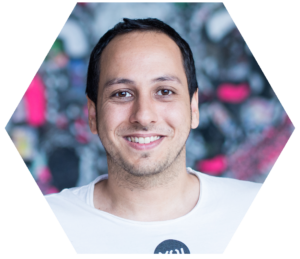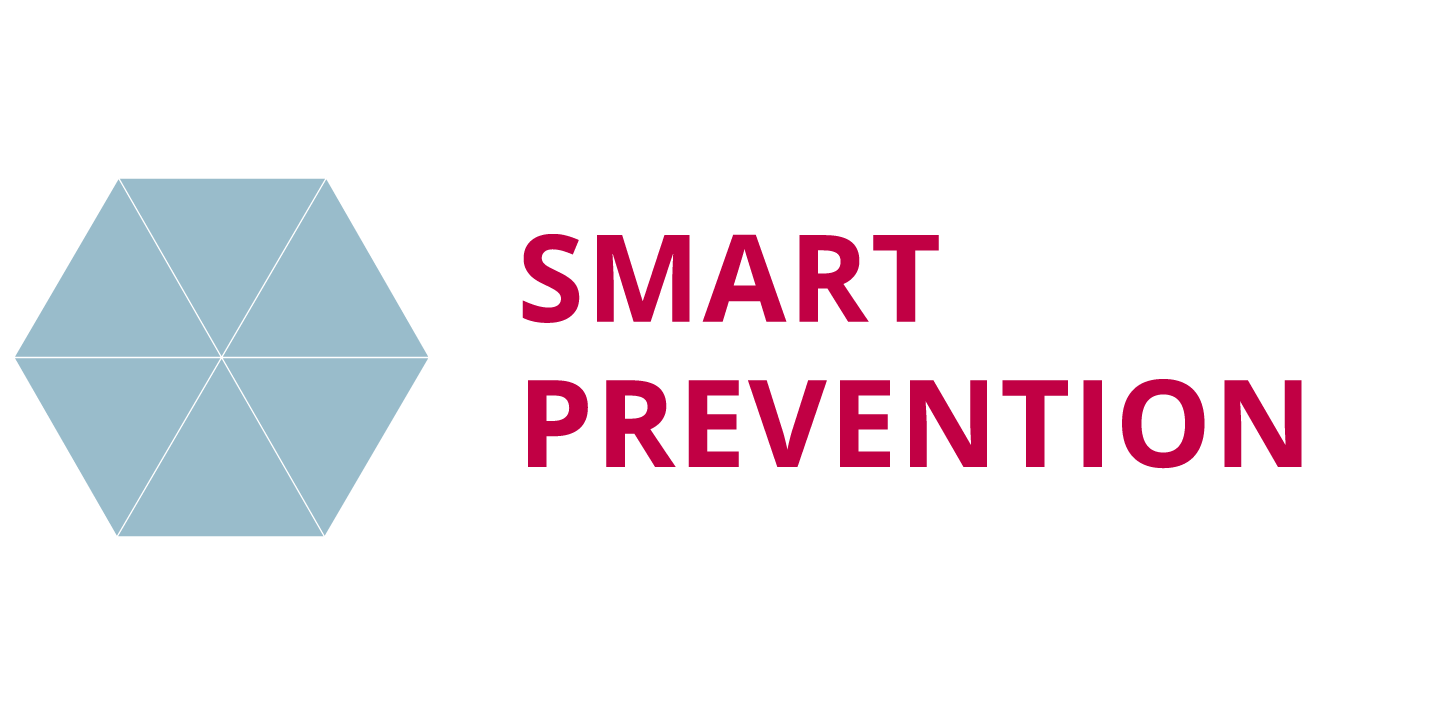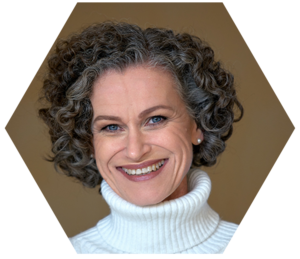- Pedagogics / Phenomenon / Gregory Grund
Gregory Grund
Phenomenon Digitalization
- Grund: Threat
- Grund: Chances
- Grund: Vision
I tend to use cautious wording and yet I am firmly convinced that digitalisation is the greatest revolution we have ever had in human history. When we talk about digitalisation, we mean a period of time in the last 30 years that is connected with very massive changes in all areas of society. And I believe that what is on the horizon for the next 30 years, makes the last 30 years seem like a very gentle and quiet phase. Access to information has changed fundamentally. Every school child with a smartphone in his or her pocket now has more access to information than libraries or scholars could ever provide in the past. This also means that we are seeing a big shift here. Today, it is less about finding information but more about evaluating it and putting it into its own context in order to share it with others. The effects of digitalisation can be felt in every area of life. Let’s just take a look at which aspects of the economy have gained tremendous momentum with digitalisation: In traffic, in healthcare, in the way goods are produced and also transported around the globe, in politics and also in interpersonal relationships. Everywhere, traces of digitalisation can be found very clearly, which have a great influence on how we as individuals live together in the society. Today, topics can be placed on the community agenda even without the classic gatekeepers. This is an indication of a liberal aspect of digitisation. At the same time, we should also be aware that
digitisation is not a liberating phenomenon per se, but can also be used in a completely different way If we take a look at China, where a so-called social scoring system is already mapping all citizens´ actions in one value and also linking them to future prospects and the state´s pleasure, then digitisation can also be used for exactly the opposite of freedom.

Gregory Grund
- 2000 – 2007 Study of Educational Science with diploma in education at the Goethe Universität Frankfurt
- 2006 – 2013 Research assistant at the Department of Education at the Goethe Universität Frankfurt in the field of “elearning”
- 2009 – 2014 Assistant lecturer at the Department of Education at the Goethe Universität Frankfurt in the field of “Media Education”
- From 2010 on self-employed in the field of media education with Florian Borns and Jörg Schüler
- From 2013, start of the project Digitale Helden [Digital Heroes]
- 2013 Publication of the book “99 Tipps Social Media” by Cornelsen with Barbara Kettl-Römer
- Phenomenon
- Threat
- Chances
- Vision




Comments